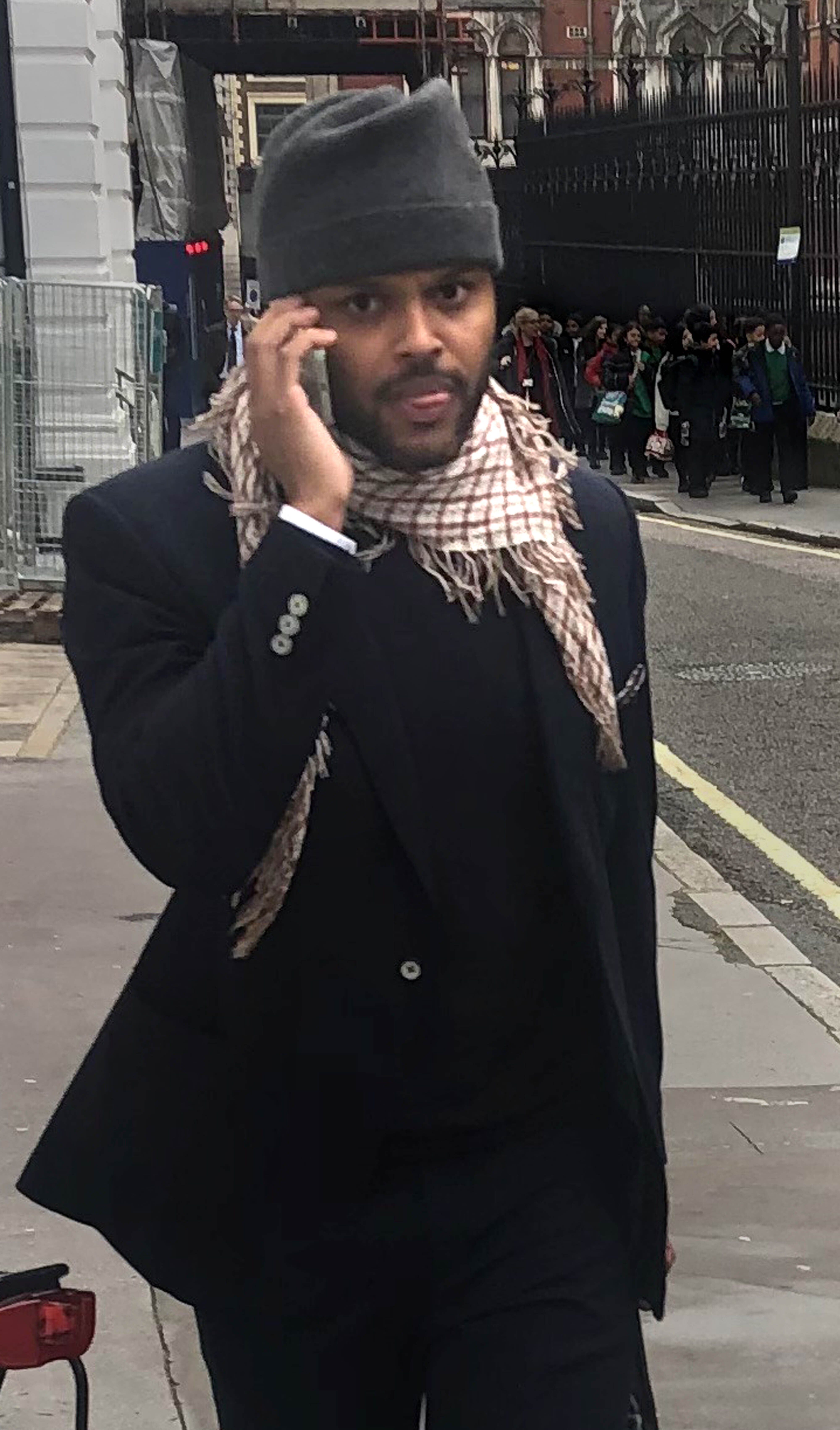Artist injured by stolen motorbike awarded £3m damages after High Court trial
Manuel Mathieu, who lives in Canada, suffered a serious head injury in London in 2015 and had wanted about £30 million.

An artist who wanted around £30 million damages after suffering a serious head injury when he was hit by a stolen motorcycle more than six years ago has been awarded about £3 million by a High Court judge.
Manuel Mathieu, who lives in Canada, sued Tony Martin Hinds, who had stolen the motorcycle, and insurers Aviva, and wanted compensation for loss of past and future earnings.
He told a judge his productivity as an artist has been reduced by chronic cognitive fatigue and headaches caused by a serious brain injury.
Aviva said Mr Mathieu’s damages claim was “extraordinary” and “overstated”.
Lawyers representing Aviva said the company’s “primary case” was that he could prove “no ongoing loss beyond the end of 2018”.
Mrs Justice Hill, who heard evidence from art industry experts, concluded that Mr Mathieu should get nearly £3.2 million.
She outlined detail of the case in a written ruling published online after considering evidence at a High Court trial in London earlier this year.
She said Mr Mathieu was 29 and studying for a masters degree in fine art at Goldsmiths College, London, when he was struck by a moped ridden by Mr Hinds at a pedestrian crossing in Lewisham in November 2015.
Mr Mathieu issued a damages claim in November 2018 and alleged negligence.
Aviva admitted liability and the judge said she had been asked to assess the size of a damages award.
Mrs Justice Hill said Mr Mathieu’s “final schedule of loss” sought damages of £33.6 million.
His case is that the headaches, fatigue and cognitive issues... have hampered his productivity, such that he is not able to produce and sell as much art as he would otherwise have been able to
She said experts agreed that Mr Mathieu had made a “very good recovery”.
“He has gone on to enjoy a very successful artistic career,” she said in her ruling.
“He lives in Canada, but his paintings and other works are displayed in galleries and exhibitions around the world including in the USA, the UK and China.
“However, his case is that the headaches, fatigue and cognitive issues from which he continues to suffer as a consequence of his brain injury have hampered his productivity, such that he is not able to produce and sell as much art as he would otherwise have been able to.”
Lawyers representing Aviva accepted that Mr Mathieu, who was born in Haiti in 1986 and moved to Montreal, Canada, with his family when he was about 20, had suffered a serious injury and was entitled to some damages.
But the firm disputed the impact the injuries had his productivity – not least because of his “prolific artistic output” since the accident.
Mrs Justice Hill concluded he should get nearly £1 million to cover past lost income and about £2 million to cover future lost income.
He clearly has a well-informed insight into his illness, his symptoms and how best to manage them to enable him to retain his creative inspiration and output as much as possible
The judge also made awards to cover general damages and the risk of Mr Mathieu developing epilepsy.
She described the case as “complex” and said there would be “judgment for the claimant in the sum of £3,178,741.64″.
Mrs Justice Hill said Mr Mathieu had “presented” as an “intelligent, sensitive, professional man” when answering questions at the trial.
“I found him to be thoughtful and measured in his responses,” she said.
“In my view he was doing his best to answer difficult questions, understandably based on various accounts he had given clinicians over the years and the different estimates he had made of his lost productivity.
“He clearly has a well-informed insight into his illness, his symptoms and how best to manage them to enable him to retain his creative inspiration and output as much as possible.”
She said there had been “some slightly more difficult exchanges” when a barrister representing Aviva asked about the “extent to which his art had in fact benefitted from the accident”.
The judge added: “He appeared unwilling to accept this.”
